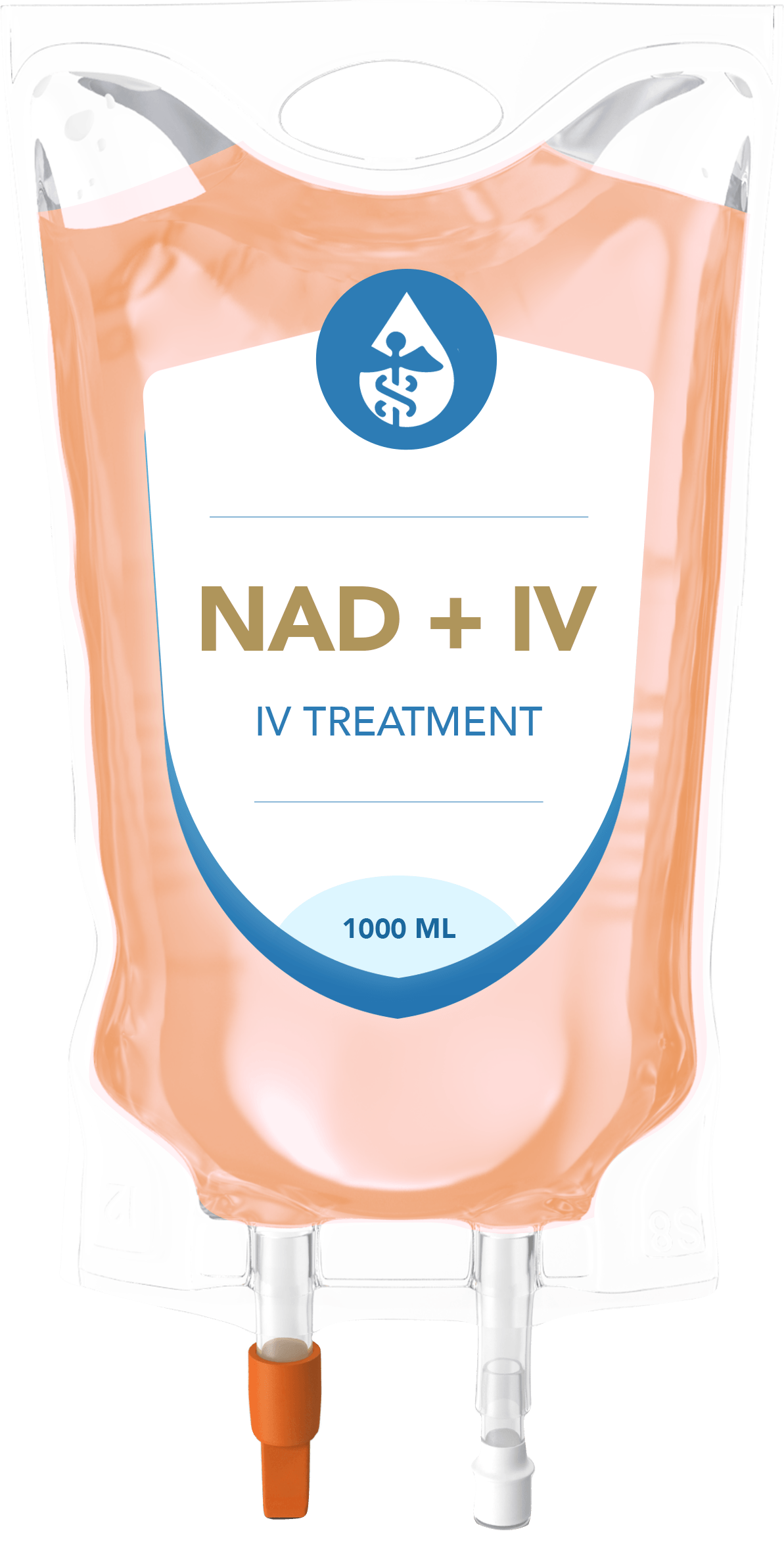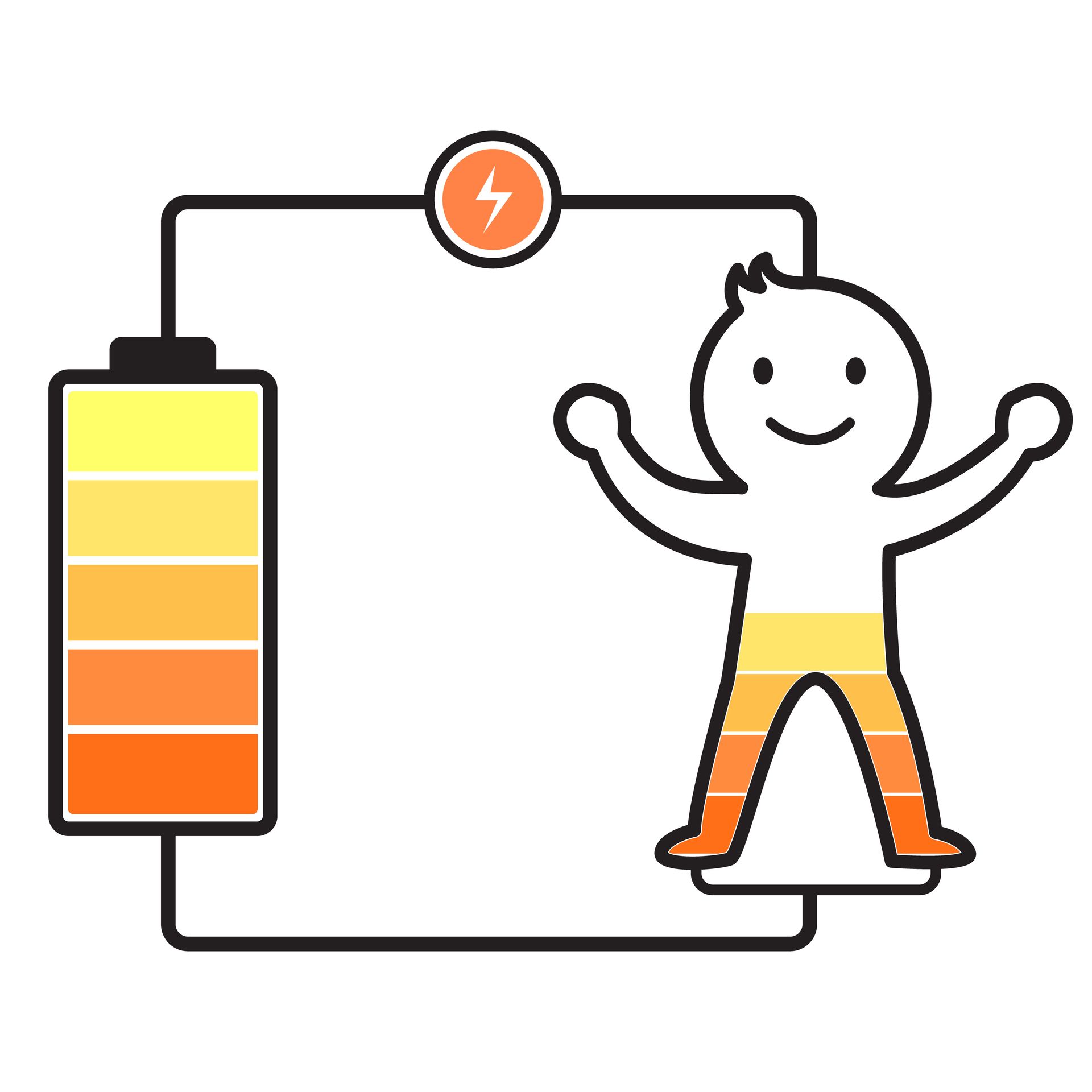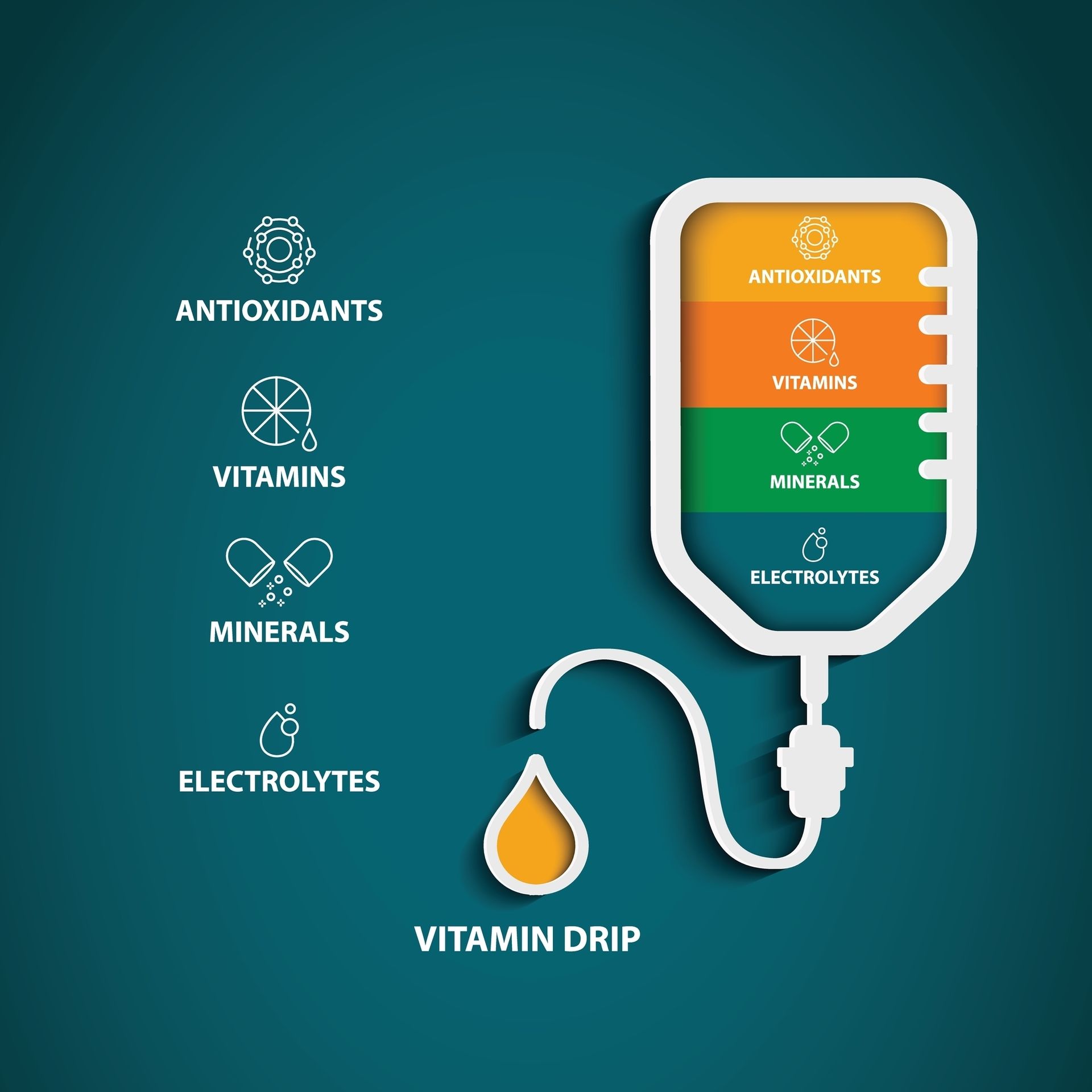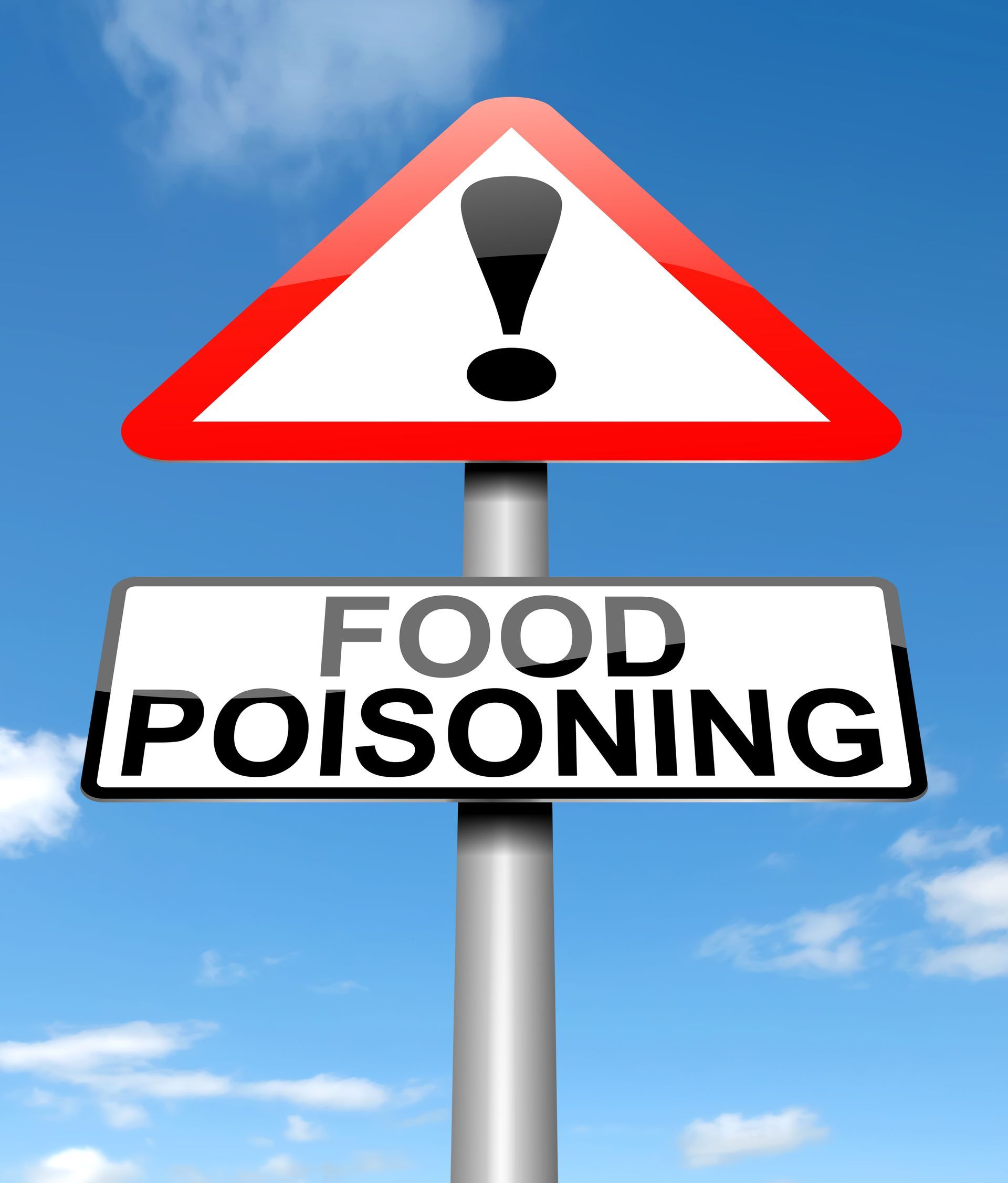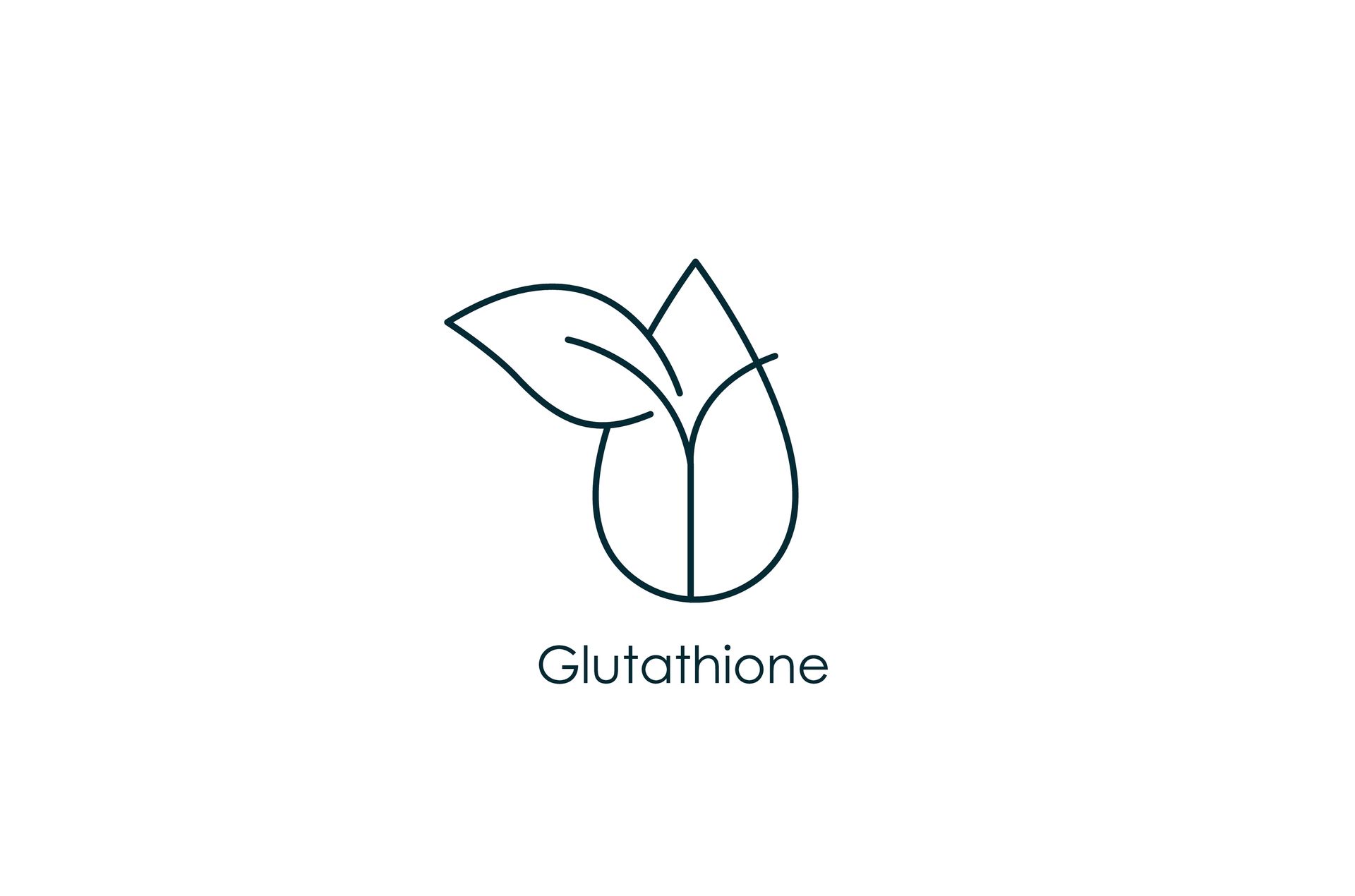Articles and Information
Best Vitamins for Stress Relief and Mental Wellness: Top Picks for a Calmer Mind

In today's fast-paced world, stress and mental health issues have become increasingly common. Fortunately, there are natural solutions that can aid in alleviating stress and enhancing mental well-being. Vitamins, often overlooked in discussions about stress management, play a vital role in maintaining a calm and balanced mind. This article will explore the connection between vitamins and mental health, identify the best vitamins for stress relief, and provide practical tips for incorporating them into your daily routine.
Understanding the Connection Between Vitamins and Mental Health
Our bodies require a variety of nutrients to function optimally, and vitamins are essential components in this regard. Vitamins play crucial roles in brain function, mood regulation, and overall emotional health. Without adequate levels of certain vitamins, individuals may experience heightened stress levels, anxiety, and even depression.
The relationship between vitamins and mental health is complex. While vitamins do not directly treat mental health disorders, they can support the body's systems that manage stress and regulate mood. By ensuring that we consume sufficient vitamins, we can foster an environment conducive to emotional well-being.
The Role of Vitamins in Stress Management
Stress can take a toll on the body, leading to a depletion of essential nutrients. Vitamins can help mitigate the effects of stress by supporting the nervous system and enhancing resilience. For example, the B vitamins are known to help with the synthesis of neurotransmitters that regulate mood, while antioxidants like Vitamin C can reduce oxidative stress in the body.
Adopting a diet rich in essential vitamins can promote a more stable emotional state, enabling individuals to cope better with life's challenges. It is vital to recognize these connections and seek out sources of vitamins that cater to our mental health needs.
How Vitamins Contribute to Mental Wellness
Vitamins contribute to mental wellness by supporting various biochemical processes within the brain. They facilitate the production and regulation of neurotransmitters, which are chemicals that transmit signals in the brain and are critical for mood and emotional regulation.
Additionally, many vitamins possess antioxidant properties, defending the brain against oxidative stress and inflammation, which can negatively impact cognitive functions. As a result, by ensuring we have adequate vitamin levels, we are not only supporting our physical health but our mental health as well.
Identifying the Best Vitamins for Stress Relief
Several vitamins stand out when it comes to their positive impact on stress relief and mental wellness. Understanding these vitamins and how they function can help you make informed choices about supplementation.
Vitamin B Complex for Nervous System Support
The Vitamin B complex, which includes B1, B2, B3, B5, B6, B7, B9, and B12, is essential for the proper functioning of the nervous system. These vitamins are involved in the synthesis of neurotransmitters such as serotonin and dopamine, which are crucial for mood regulation.
Inadequate levels of B vitamins can lead to increased anxiety, irritability, and stress. Foods rich in B vitamins include whole grains, beans, eggs, and leafy greens, making it relatively easy to incorporate them into your diet.
Vitamin C for Adrenal Function and Stress Reduction
Vitamin C is often celebrated for its immune-boosting properties, but its role in stress reduction is equally significant. The adrenal glands utilize Vitamin C during the production of stress hormones, such as cortisol. By ensuring adequate Vitamin C intake, you can support your body in managing stress more effectively.
Great sources of Vitamin C include citrus fruits, strawberries, bell peppers, and broccoli. Regular consumption can help replenish your body's stores, providing additional support when stress levels rise.
Magnesium for Relaxation and Mood Improvement
Magnesium is a vital mineral that helps regulate numerous bodily functions, including mood and relaxation. It has a calming effect on the nervous system and can alleviate symptoms of anxiety and stress. Research suggests that magnesium may also play a role in the synthesis of neurotransmitters that influence mood.
To increase your magnesium levels, consider incorporating nuts, seeds, whole grains, and dark chocolate into your diet. Taking a magnesium supplement may also be beneficial, particularly if you're experiencing higher stress levels.
Exploring the Top Vitamins for Mental Wellness
Beyond stress relief, certain vitamins and nutrients are essential for overall mental wellness. Here are some that have gained recognition for their beneficial effects on brain health.
Omega-3 Fatty Acids for Brain Health
Omega-3 fatty acids are crucial for brain health and cognitive function. Found in fatty fish, flaxseeds, and walnuts, these healthy fats support the structure of brain cells and have been shown to reduce symptoms of depression and anxiety.
Regularly including omega-3 sources in your diet is an effective way to enhance mental wellness and cognitive performance. Consider aiming for at least two servings of fatty fish per week or exploring omega-3 supplements if you're not a fan of seafood.
Vitamin D for Mood Regulation
Vitamin D is often linked to bone health, but it's also essential for mood regulation. Low levels of Vitamin D are associated with an increased risk of anxiety and depression. Sunlight is a primary source of Vitamin D, but obtaining sufficient exposure can be challenging for some.
Foods such as fatty fish, fortified dairy products, and egg yolks can help you maintain adequate levels. If necessary, a Vitamin D supplement may be beneficial, particularly in winter months or for individuals with limited sun exposure.
Zinc for Cognitive Function
Zinc is another vital nutrient that supports cognitive function and overall brain health. It is involved in neurotransmitter signaling, and research indicates that a deficiency may negatively affect mood and cognitive abilities.
Including foods such as meat, shellfish, legumes, and seeds can help maintain optimal zinc levels and support mental clarity and focus.
Incorporating Vitamins into Your Daily Routine for a Calmer Mind
Incorporating the right vitamins into your daily routine is key to enhancing mental wellness and managing stress effectively. Here are several practical tips to help you get started.
Tips for Choosing High-Quality Vitamin Supplements
When selecting vitamin supplements, opt for high-quality products. Look for brands that provide third-party testing to ensure purity and potency. Reading labels carefully and choosing supplements without unnecessary fillers can also be beneficial.
Consulting with a healthcare professional before starting any new supplement regimen can help you choose the right vitamins that fit your individual needs.
Balancing Your Diet for Optimal Vitamin Intake
A well-balanced diet is the foundation of obtaining essential vitamins. Aim for a variety of colorful fruits and vegetables, whole grains, healthy fats, and lean proteins. This not only enhances nutrient absorption but also promotes overall health.
Planning meals ahead of time and experimenting with different cooking methods can boost your motivation to eat well and experience the associated mental health benefits.
Understanding the Right Dosage for Each Vitamin
Understanding the appropriate dosages for each vitamin is crucial. Excessive intake can lead to toxicity and health issues. It is advisable to follow recommended dietary allowances (RDAs) or consult a healthcare provider for personalized guidance.
Taking note of how your body responds to different vitamins can also help you find the right balance, ensuring you harness their full benefits without risks.
In conclusion, while stress and mental wellness are complex issues, incorporating the right vitamins can serve as a helpful tool in your overall strategy for a calmer mind. By being informed and proactive about your vitamin intake, you can take meaningful steps toward achieving better mental health and resilience against stress.
USEFUL LINKS
CONTACT US
If you think you may have a medical emergency, immediately call your doctor or dial 911.
This website does not provide medical advice. It is intended for informational purposes only. It is not a substitute for professional medical advice, diagnosis or treatment. Never ignore professional medical advice in seeking treatment because of something you read on the internet. These statements have not been evaluated by the Food and Drug Administration.
© 2021-2024 All Rights Reserved | Powered by OMG Marketing



